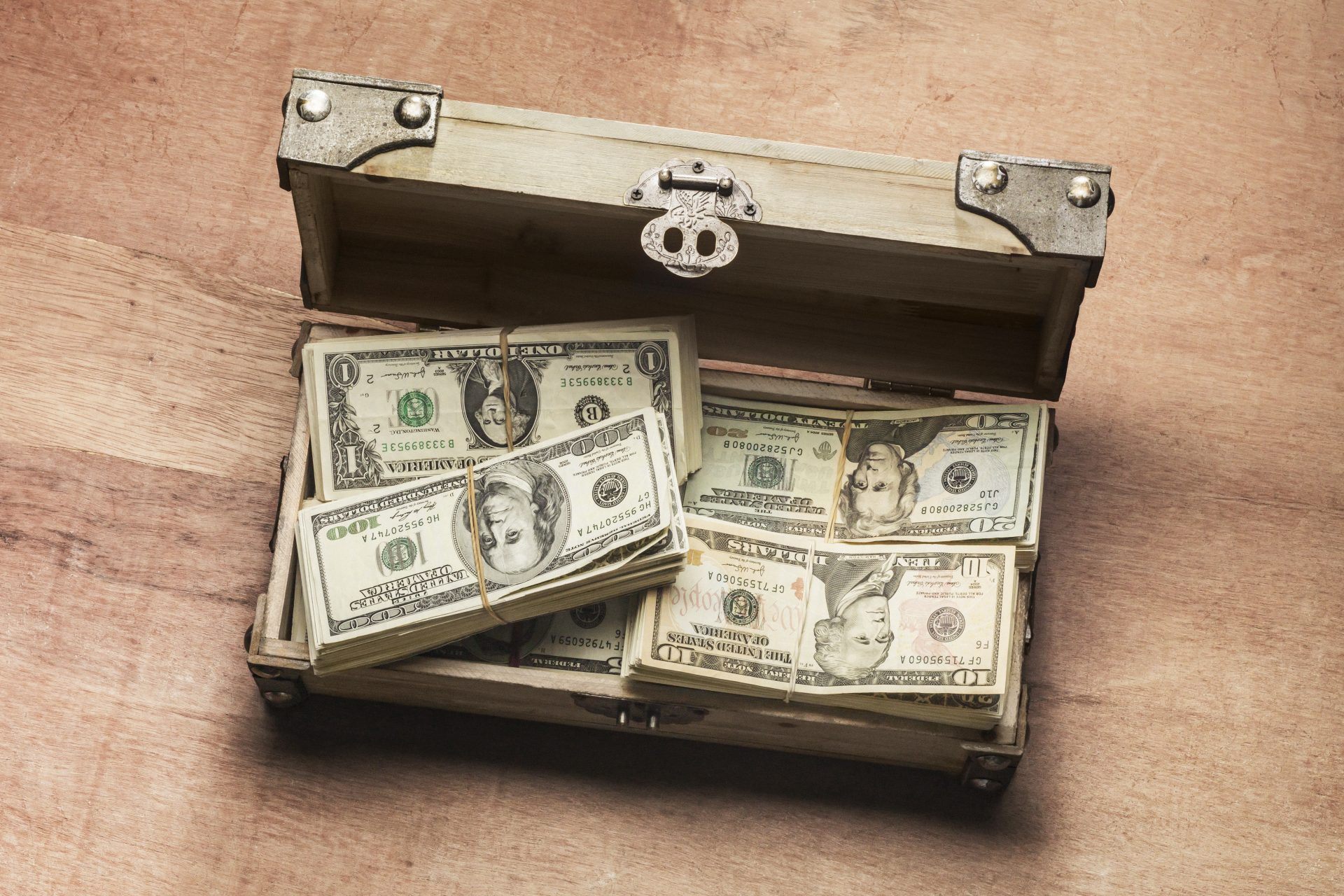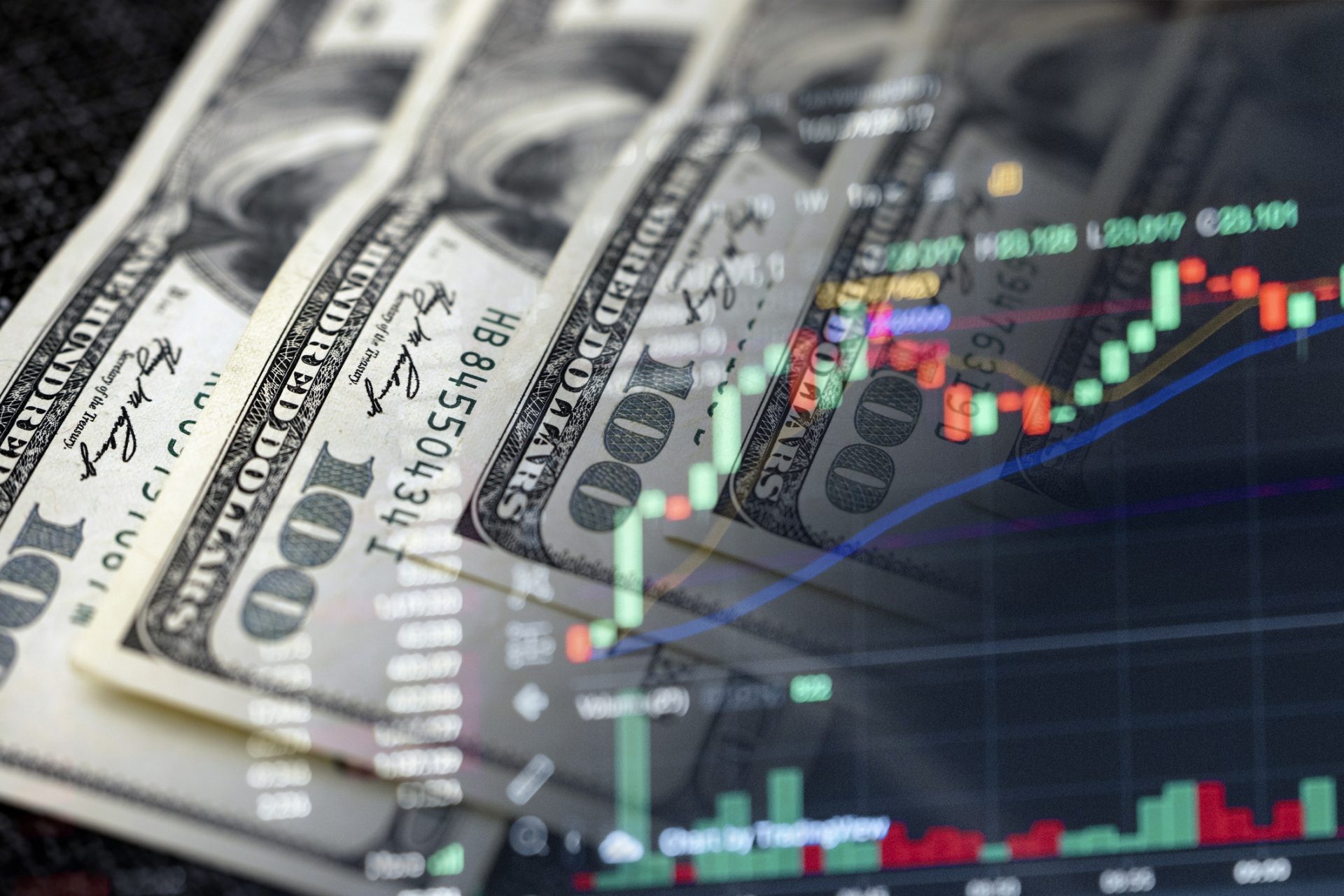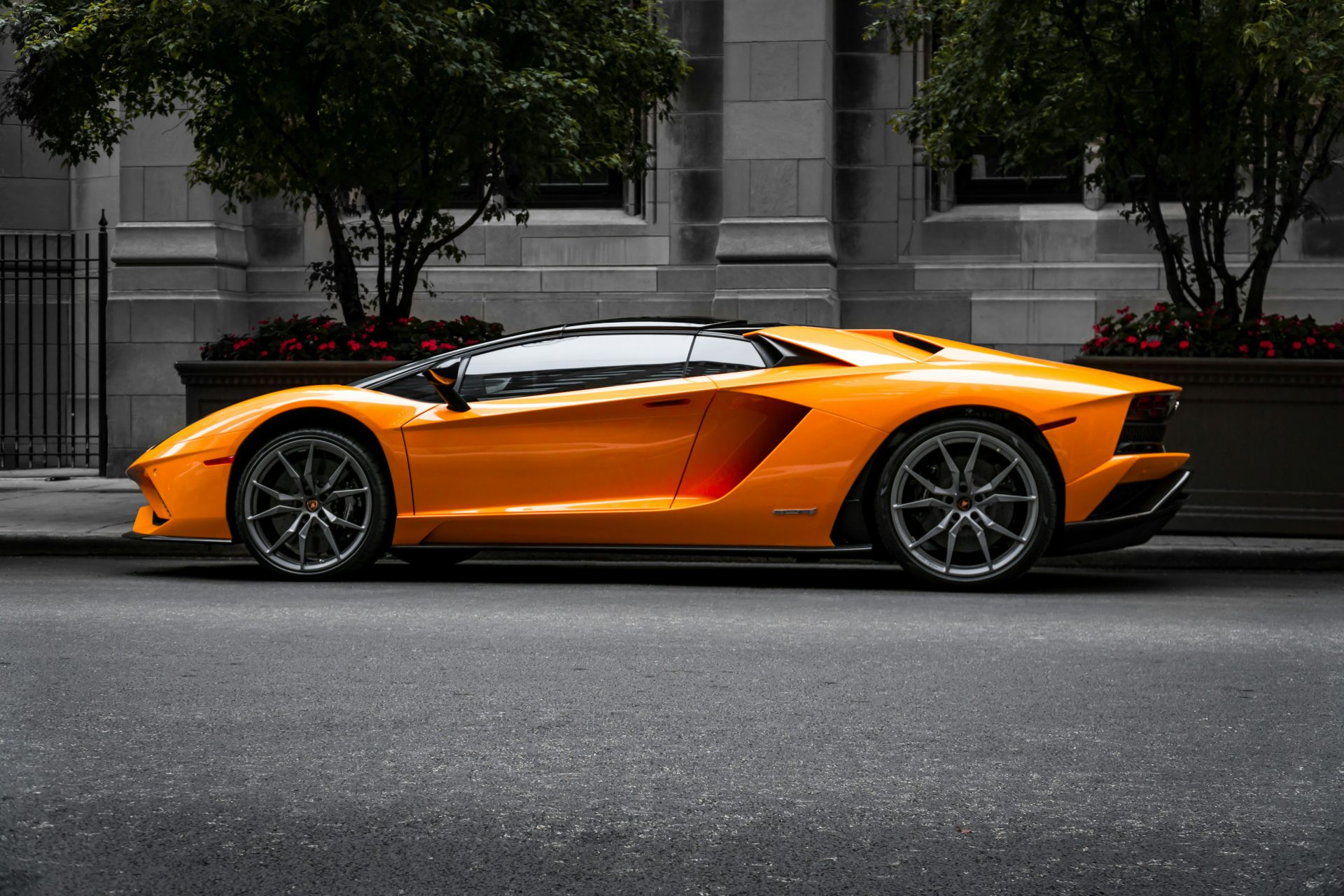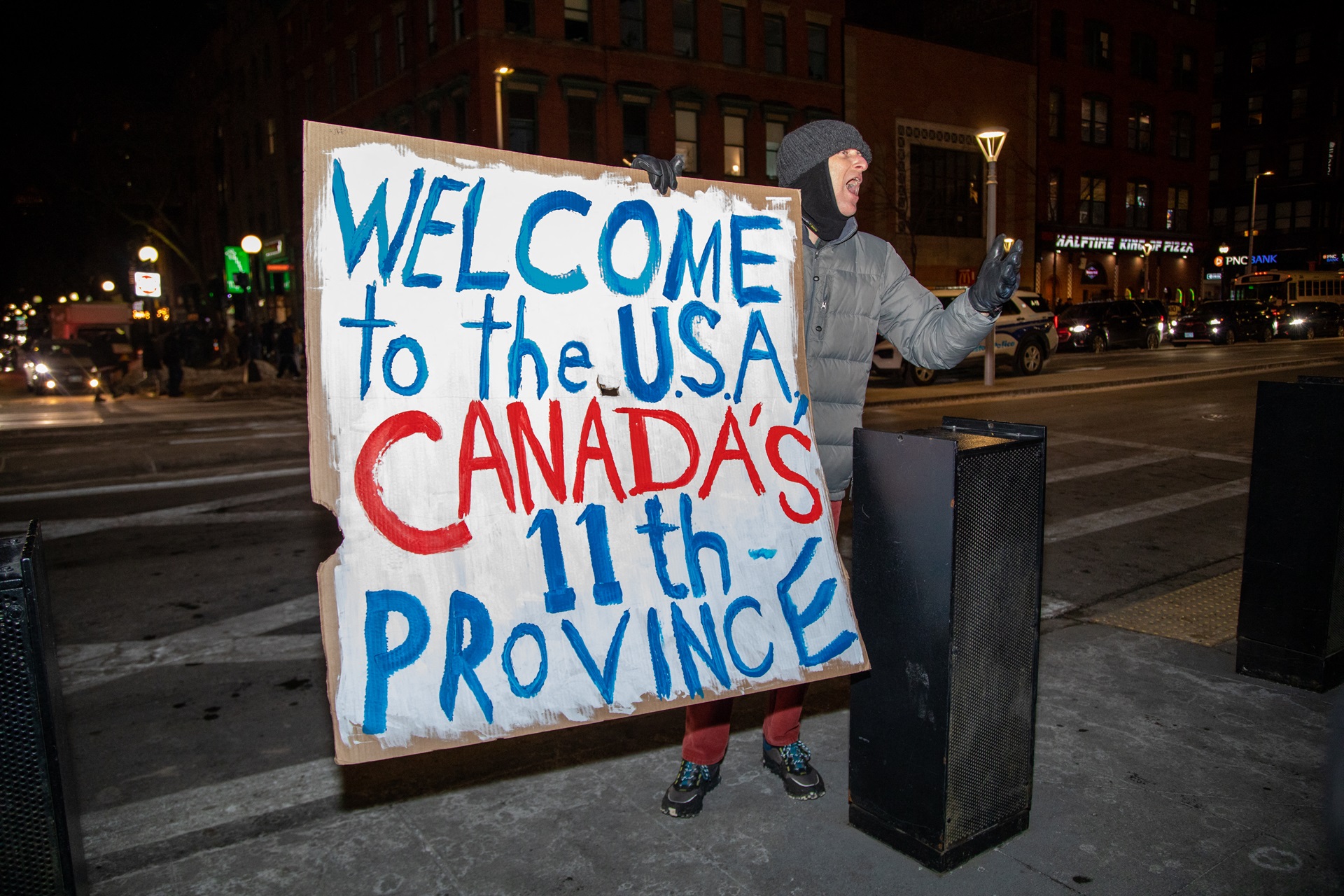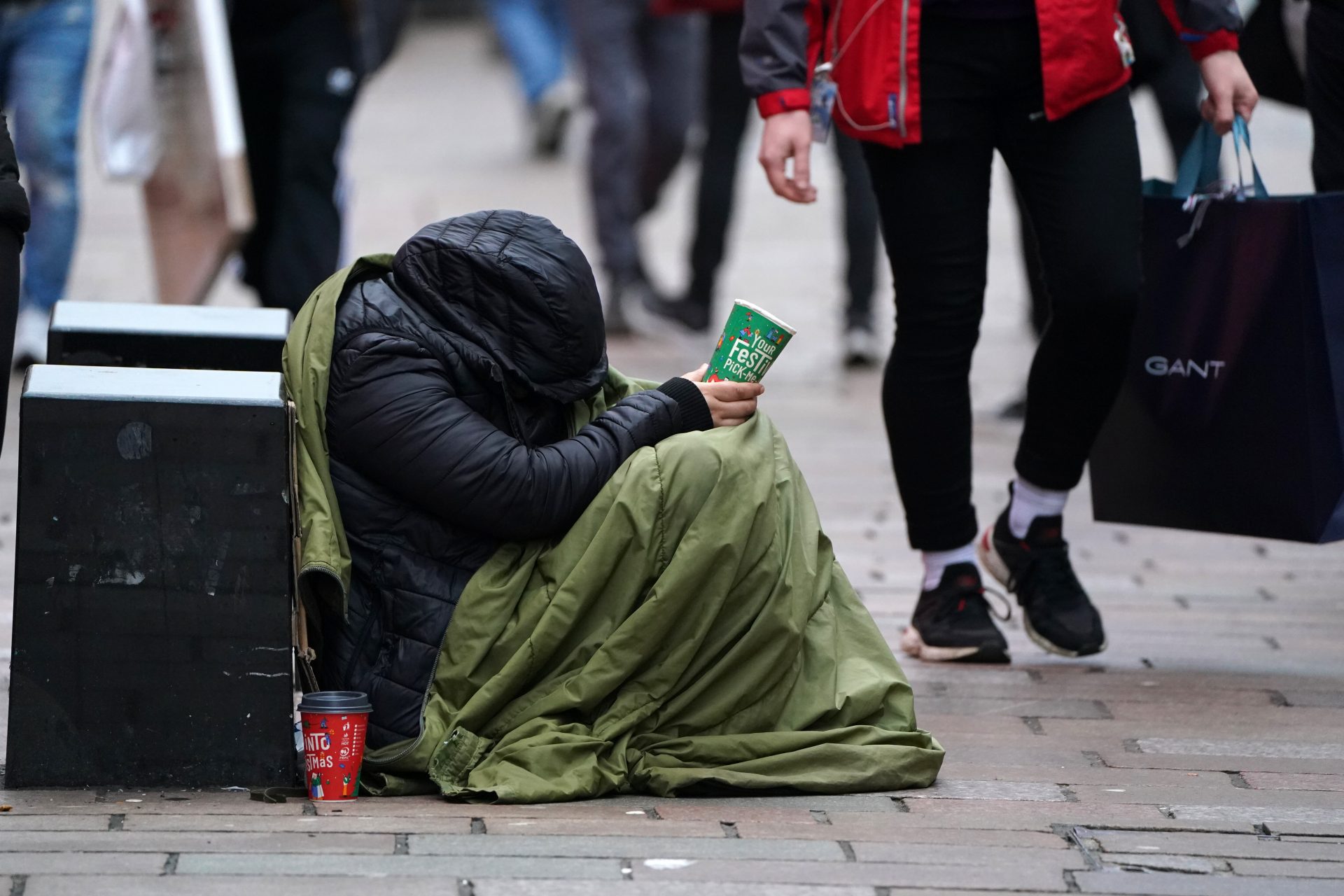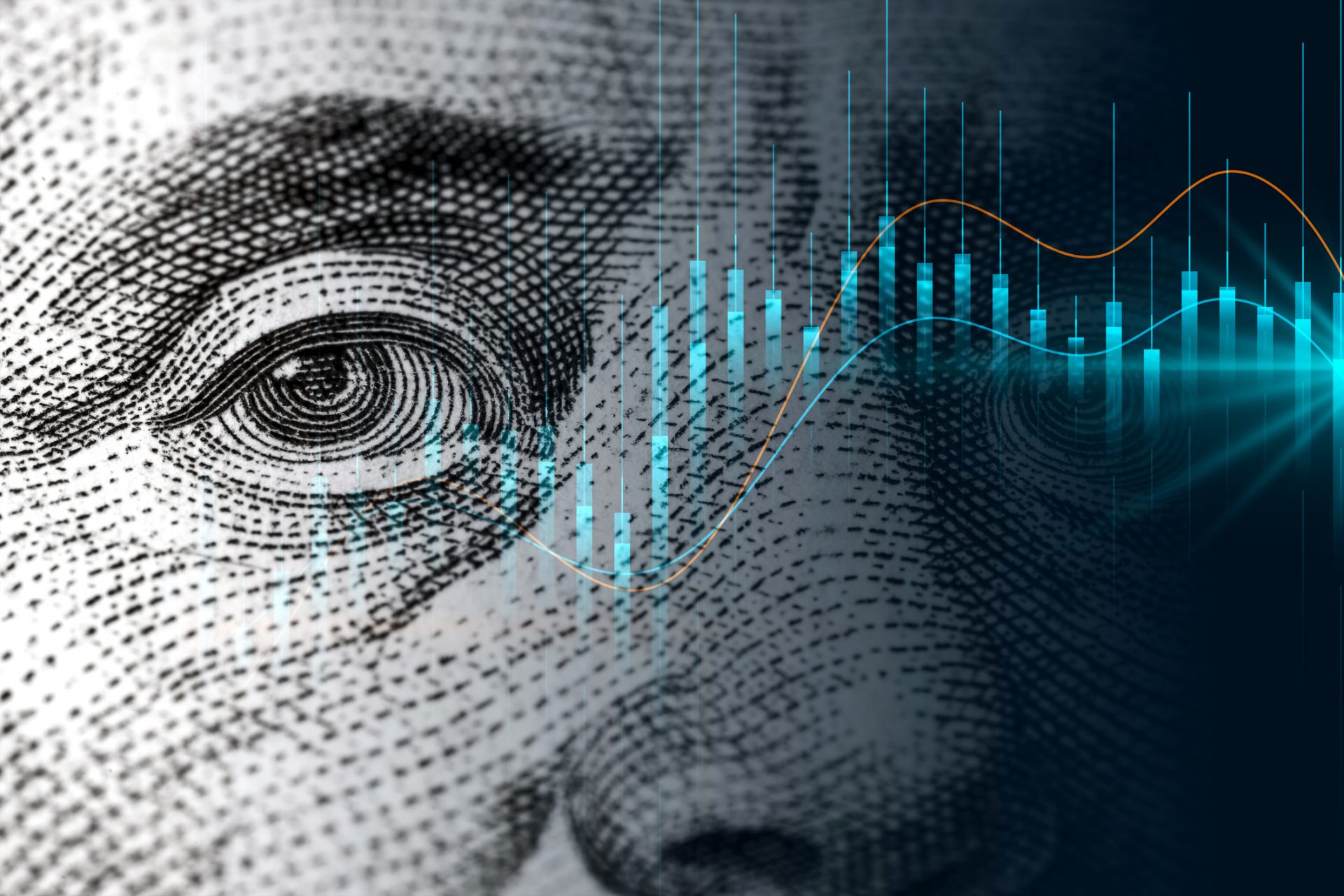How much money do you need for happiness? Science has the answer!
We’ve all heard that money can’t buy happiness, and although that may be somewhat true, it can definitely make life a lot easier. Some scientific studies have ventured to investigate exactly how much money helps a person in the road to happiness.
However, the price of happiness seems to have increased with the years. While a 15 year-old study set the magic number at $75,000 a year, a little more than that is needed to be happy nowadays.
According to The Wall Street Journal, researchers say $110,000 per year is the minimum annual salary to achieve a high degree of happiness.
Image: Sharon McCutcheon/Unsplash
The origin of the initial $75,000 (now $110,000 due to inflation) is the so-called 'Killingsworth study' carried out by Professor Matthew Killingsworth of the University of Pennsylvania.
Image: Ties Rademacher / Unsplash
There are many scholars who question the 'Killingsworth study', however, since they believe that the way it was carried out is too crude, according to Forbes. But there is something that does stand out in this report on happiness and wealth.
Image: Kevin Bhagat/Unsplash
Above a certain level of economic prosperity, unhappiness cannot be fixed with more money. You must look beyond that.
Image: Gadiel Lazcano / Unsplash
There are factors other than money that help a person be happy. The BBC has aimed at social equality: the countries of northern Europe, among the happiest in all rankings, are the least economically unequal.
Image: Drahomír Hugo Posteby-Mach / Unsplash
But, what does it mean to be happy? Answering that question enters the realm of philosophy, so many experts recommend not becoming obsessed with happiness and rather put our focus on an easier, less elusive concept…
Image: Barbara Verge / Unsplash
There's a CNN headline from 2023 that sums up, perhaps, the right way to approach life: "Stop trying to be happy. Have fun." The phrase was taken from a conversation with psychologist Mike Rucker.
Image: Aleksandr Popov / Unsplash
"Fun is the antidote to the slings and arrows of life. An enrichment tool and a relief valve for the pressures of life that keeps us healthy. It also helps us make a better overall use of the time we have. Studies suggest that people who deliberately make sure to set aside time for fun, renewal, and interesting things are the most productive people," Rucker said to CNN.
Image: Adi Goldstein / Unsplash
It is true that if you are absolutely poor, your chances of having fun are less. But you don't have to have a lot of money to find fun things to do.
Image: Robert Collins/Unsplash
While the link between income and happiness is real, it's modest and conditional. We must be careful not to overemphasize money's role in happiness. Happiness is a complex topic involving various factors other than money, such as love and health, among many others.
Image: Jamie Brown / Unsplash
More for you
Top Stories



